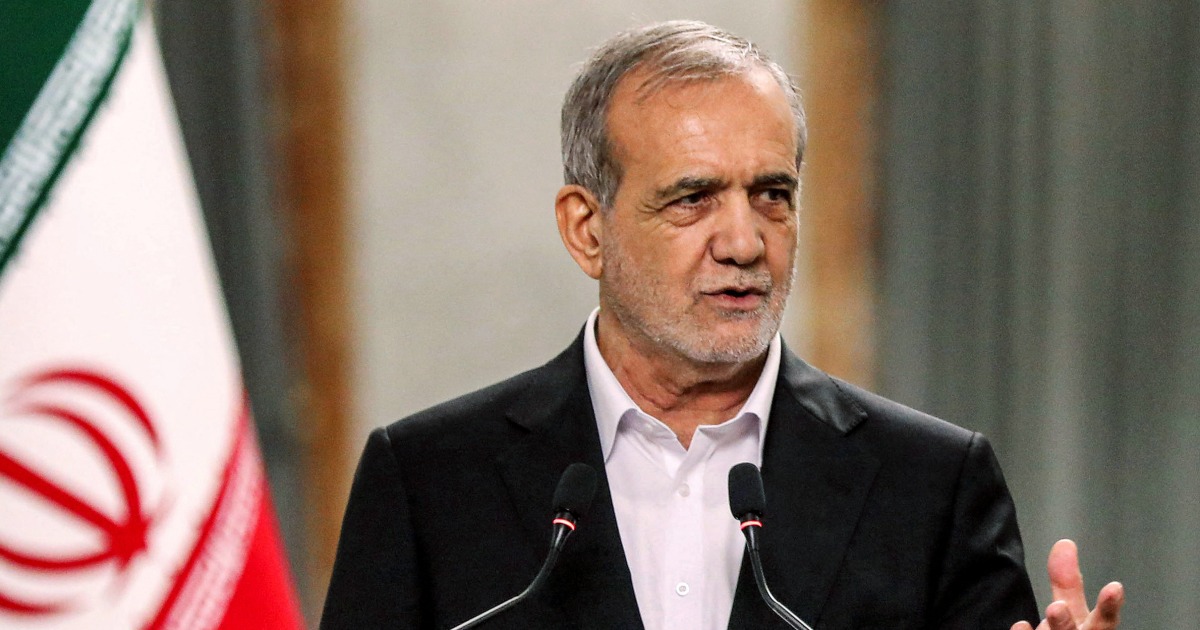In a move poised to send significant ripples across the global geopolitical landscape, reports indicate that Iran’s president has taken the drastic step of suspending cooperation with the International Atomic Energy Agency (IAEA), the United Nations’ nuclear watchdog. This critical development follows the recent enactment of a new law by the Iranian parliament, a legislative action that directly mandates a reduction in nuclear inspections and oversight by international bodies, intensifying concerns about Iran’s nuclear program and its implications for the Middle East.
The parliamentary decree, which serves as the immediate catalyst for this suspension, represents a strategic pivot in Tehran’s approach to its international nuclear commitments. It explicitly calls for a curtailment of the robust inspection regime previously agreed upon, signaling a hardening stance amidst escalating tensions. This legislative maneuver is widely interpreted as a direct response to external pressures, aiming to assert greater sovereignty over its nuclear activities and push back against what Iran perceives as undue international scrutiny.
This decisive action by Iran comes on the heels of a period marked by heightened volatility, specifically following recent American airstrikes that targeted key Iranian nuclear facilities. These military operations, undertaken by the United States, have undeniably exacerbated existing geopolitical complexities, pushing the already strained US Iran relations to a critical juncture. The sequence of events underscores a dangerous cycle of action and reaction, deepening mistrust and complicating avenues for diplomatic resolution.
The ramifications of this suspension are expected to be profound, particularly for global nuclear non-proliferation efforts and the precarious future of the 2015 nuclear deal, formally known as the Joint Comprehensive Plan of Action (JCPOA). The JCPOA was meticulously crafted to curb Iran’s nuclear program in exchange for sanctions relief, a delicate balance now severely threatened. Without the IAEA’s comprehensive oversight, the international community faces a significant deficit in transparency regarding the true scope and direction of Iran’s nuclear ambitions.
International observers have quickly expressed deep concern that this action could severely hinder the necessary transparency required to verify the peaceful nature of Iran’s nuclear program. A lack of clarity in this regard inevitably risks escalating regional instability in the Middle East, a region already grappling with multifaceted conflicts. The absence of a robust monitoring mechanism could fuel speculation and heighten anxieties among neighboring states and global powers alike.
This decision unequivocally underscores a challenging and potentially dangerous phase in diplomatic relations between Tehran and Western powers, most notably the United States. Efforts to restore dialogue and ensure adherence to international agreements, crucial for de-escalating tensions, now face new and formidable obstacles. The international community must therefore closely monitor this evolving situation to prevent further destabilization and pursue every possible avenue for a peaceful resolution to the ongoing nuclear disagreements and broader US Iran relations.
Discover more from The Time News
Subscribe to get the latest posts sent to your email.



